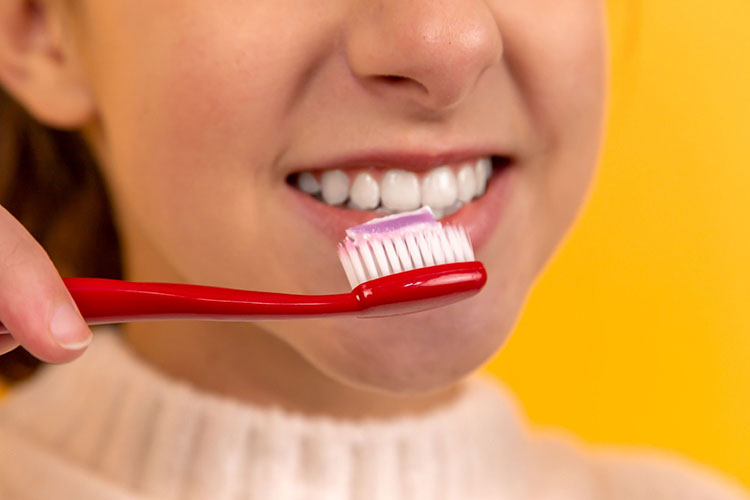The ecology of the mouth is fascinating and has specialized cells and organs critical to help maintain your well-being.
Your mouth can be considered a gateway to the rest of you and the first line of protection for your immune system. Several mouth structures play a crucial function in your oral and physical health. Dr. Hawryluk defined words marked in (*) at the end of this article.
Oral health is essential to overall health and is equally necessary to preserve. Unfortunately, investigations have shown that many people have unmet oral health needs, particularly those that suffer from chronic illnesses. The “oral cavity” is like a mirror reflecting an individual’s health. The initial discovery of many chronic systemic diseases is through mouth symptoms. For example, forms of heart failure cause the mucosa to discolor. In addition, your mucosa can signal digestive issues.
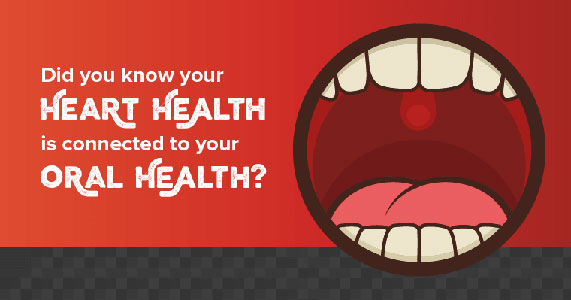
Oral Mucosa
In your mouth, a type of tissue covers everything except your teeth. It is called the oral mucosa, and it’s considered the “skin” of the mouth. Similar to how skin protects, oral mucosa protects the entire inside of your mouth and serves as a barrier. The oral mucosa is a membrane that lines the oral cavity. It has a comprehensive system of nerves, which permits your mouth to be receptive to functions like taste, temperature, and touch. Also, it contains saliva ducts that empty saliva into the mouth produced by the salivary glands.
Lymphatic Vessels
Lymph nodes and vessels exist all over your body, including inside your oral cavity. The lymphatic system is a web of delicate tubules spanning the whole body. It contains fluid (called lymph) that has dripped from the blood vessels into the tissues and puts it back into the bloodstream via the lymph nodes. The primary roles of the lymphatic system include: managing the fluid levels in the body. The lymphatic system is also closely engaged with immune defense. All the lymph and blood vessels in your mouth drain to more extensive blood and lymph vessels within your body. It means the health of your oral lymphatic vessels corresponds with the health of your general lymphatic system.
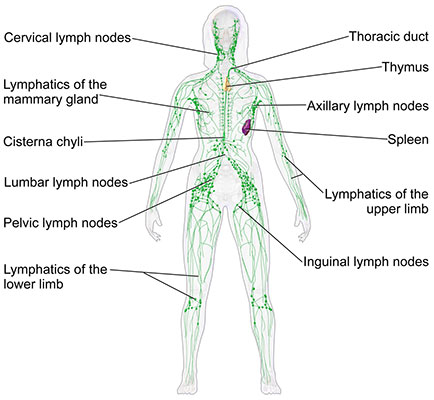
Tonsils
Your tonsils are immune tissues situated at the back of your mouth, on either side. Effectively, they are two lymph nodes that work as a protection mechanism and assist in preventing infections. In addition, tonsils have white blood cells(*) and B-cells(*), which create antibodies(*). As pathogens penetrate the body through the mouth or nose, the tonsils are on the front line of protection against anything detrimental. Your tonsils also warn your body to turn on your immune system when battling an infection. In addition, enlarged tonsils can suggest difficulty in ordinary breathing. Therefore, St. Lawrence Dentistry checks your tonsils when doing your dental exam.
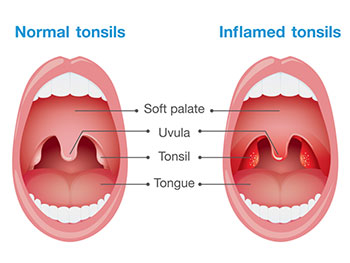
Salivary Glands
The salivary glands are part of the oral mucosal system and create saliva. The mouth has major and minor salivary glands that predominantly defend against infection and disease. In addition to helping digestion and oral health, salivary glands play a crucial part in overall health.
Some aspects of saliva can prevent the formation of plaque on your teeth and reduce your chance of gum disease. While saliva supports oral health, it also helps your health in general. It is because the molecular content of saliva delays bacteria’s growth, shielding the mouth and body.
Low saliva can be the first indication of an auto-immune condition called Sjogren’s disease (*). As auto-immune problems often occur in groups, sometimes low saliva indicates overall immune system issues.

Collagen
Collagen is the principal structural protein(*) found in skin and other connective tissues. Collagen adheres the body together, and Type 1 collagen is the most prevalent protein in your body. It’s in hair, skin, muscles, bones, tendons, blood vessels, and the digestive system.
Collagen is vital for creating healthy teeth and gums and aids cell and tissue regeneration. You can find this elastic substance throughout your mouth’s connective tissues (*)— essential to preserve solid bones and excellent oral health.
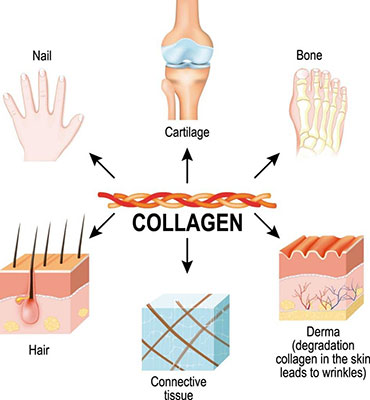
Collagen production naturally declines when you get older. This degenerative process links to signs of aging, such as wrinkled or sagging skin. However, lifestyle elements such as eating a high sugar diet, smoking, or high quantities of sun exposure contribute to the drop in collagen. Collagen is integral in sustaining and anchoring cells, making it a protein needed to maintain healthy teeth and gums. Increasing your collagen intake can help your oral health by improving jaw bone density and soft tissues. In addition, increased collagen levels support well-being and fitness.
Oral Health is a Map to Overall Health. Your mouth gives a fantastic insight into your entire body. Please make an appointment at our beautiful Mississauga Dental office to discuss this topic further.
Glossary of Terms:
- White blood cells – The immune system component which helps the body battle infection and other ailments. Types of white blood cells are granulocytes ( eosinophils, neutrophils, and basophils), monocytes, and lymphocytes (T cells and B cells).
- B Cells – A type of white blood cell that produces antibodies.
- Antibody – A protein created by plasma cells (a type of white blood cell) in reaction antigens (a substance that causes the body to develop a specific immune response).
- Sjogren’s syndrome – a condition of your immune system recognized by its two most typical manifestations— dry eyes and a dry mouth.
- Protein – an innately occurring, highly complex substance that consists of amino acid residues bound by peptide bonds. Proteins are present in all living beings and include many critical biological compounds such as enzymes, hormones, and antibodies.
- Connective tissue – a substance that supports, shields, and gives structure to other tissues and organs. Connective tissue also holds fat, enables nutrient movement and other substances between tissues and organs, and assists in repairing damaged tissue.
Reference:
https://www.drstevenlin.com/oral-cavity-function/
- St. Lawrence Dentistry Looks Forward To St. Patrick’s Day! - March 12, 2025
- Understanding Dental X-Rays and Radiation: What You Should Know - January 13, 2025
- Happy New Year from St. Lawrence Dentistry! - December 30, 2024



